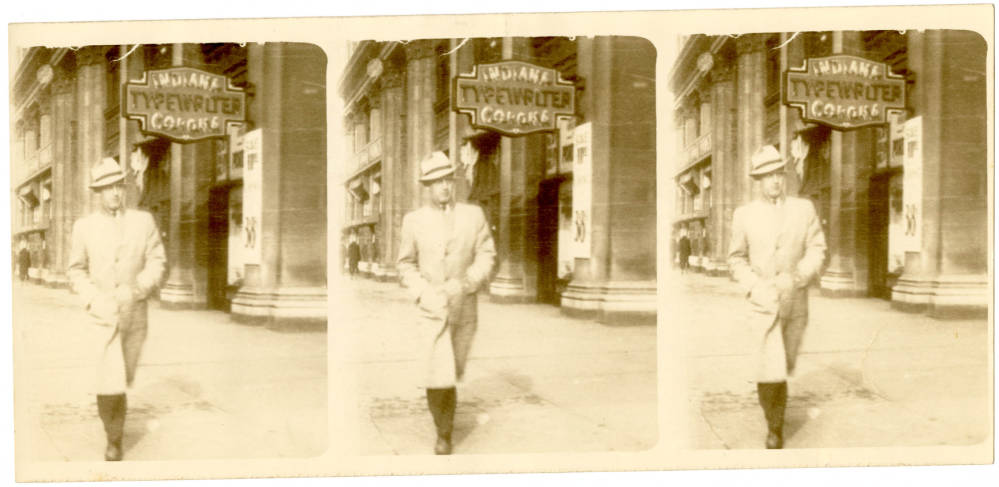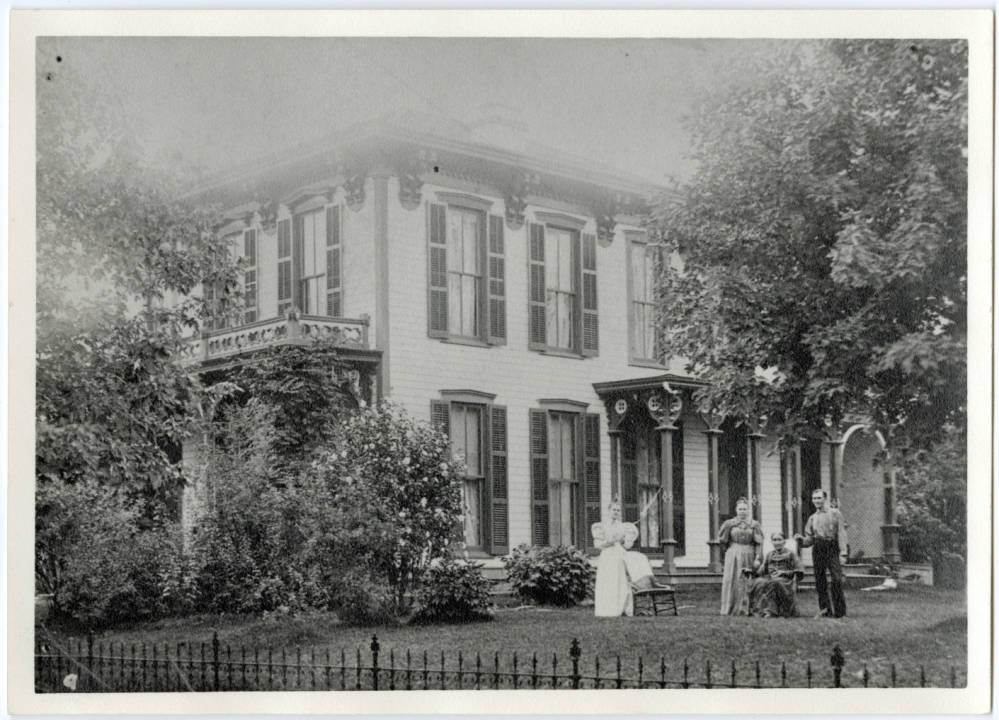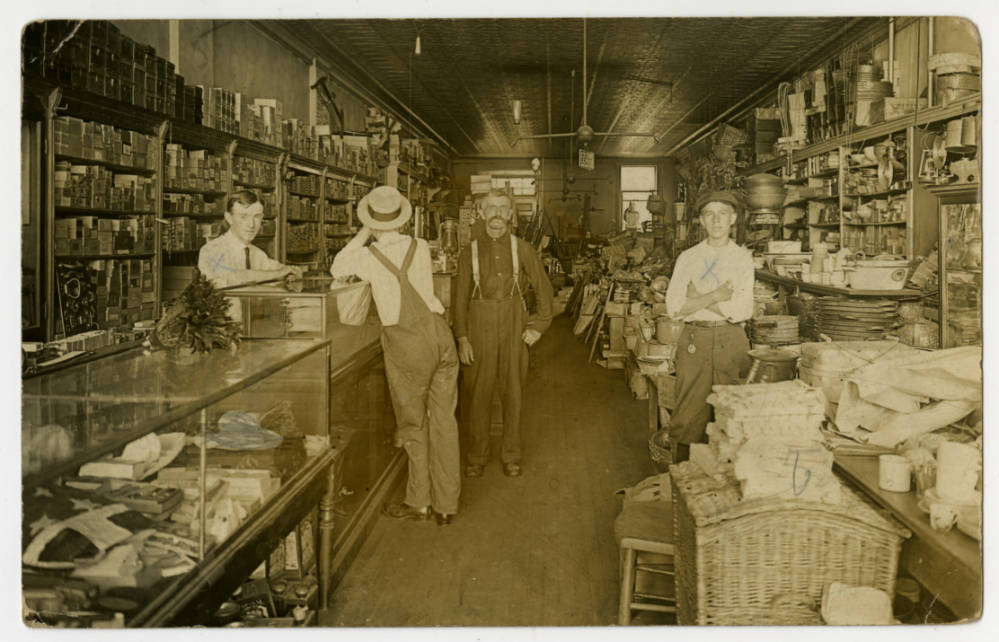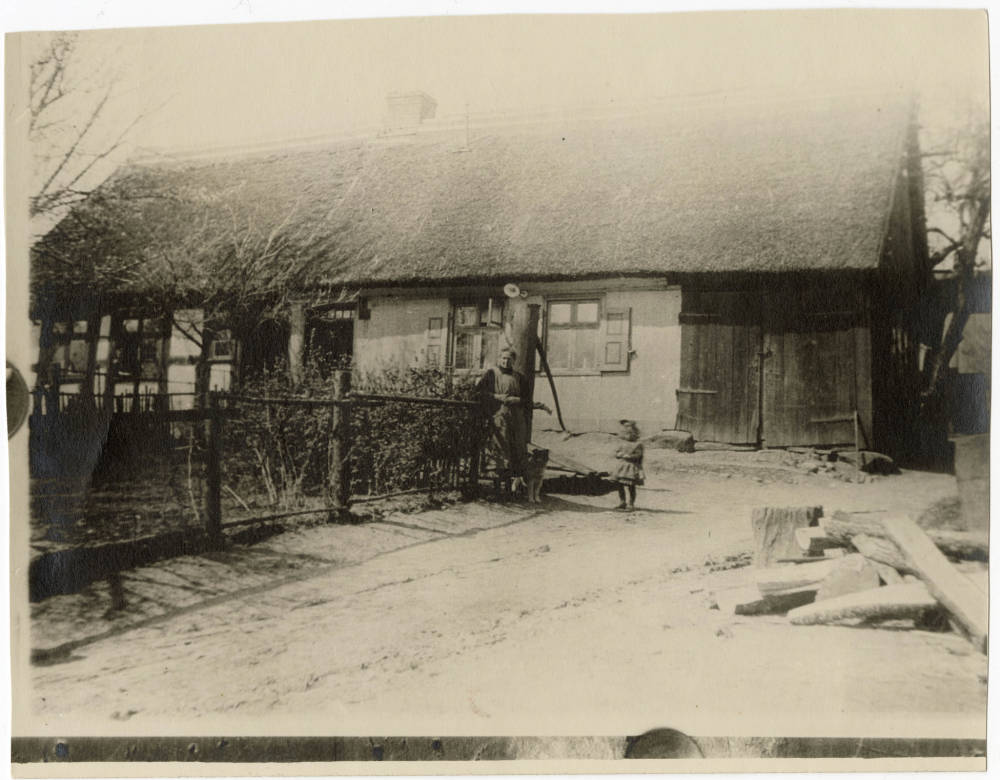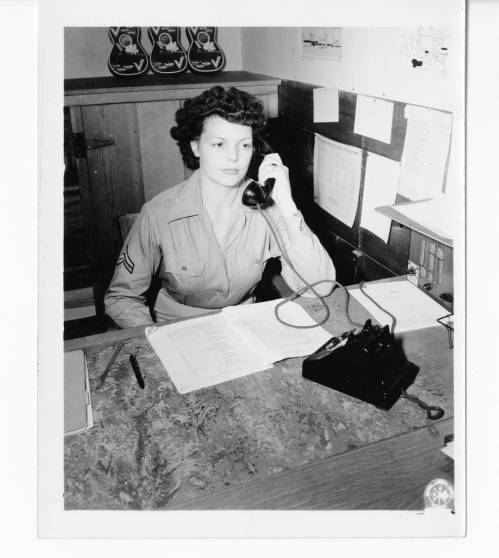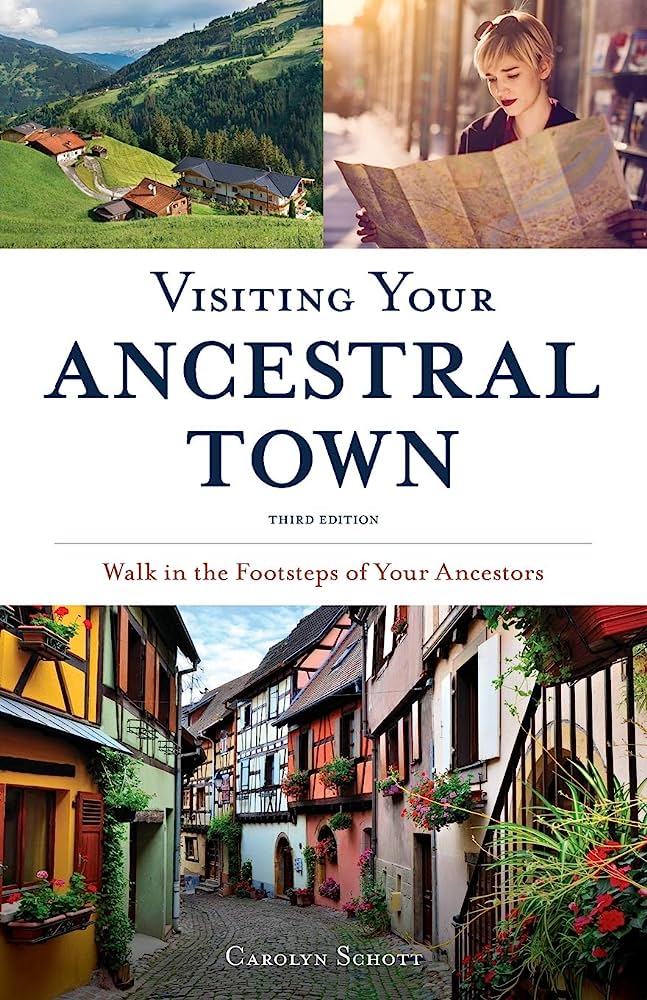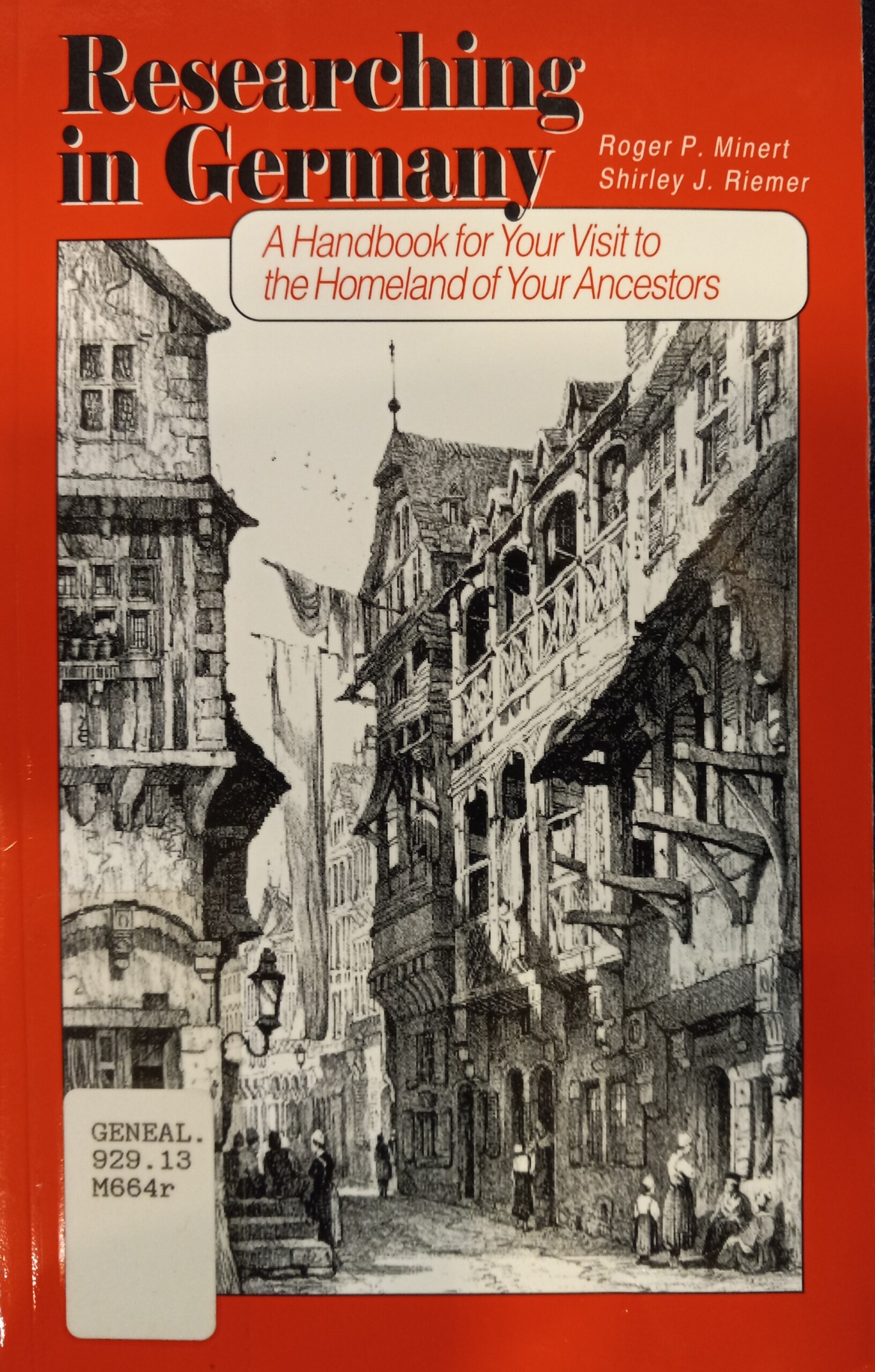While doing genealogy research it’s common to imagine what your ancestor’s day-to-day life was like. You may find yourself wondering what shops they visited; where they worshiped, mourned and celebrated; or what sights and sounds existed where they lived. You may even feel a sense of connection to where your ancestors dwelled and a desire to immerse yourself in the area’s history.
Have you ever thought about how nice it would be to peruse the archives in your ancestral hometown and dig into your family history research? Answers to your most puzzling genealogical questions may be hiding on a dusty shelf of a local repository. Precious records that can’t be found online may only be available at the area courthouse or archives.
If you engage in this type of thinking, consider a trip to your ancestor’s hometown. Walk in their footsteps, learn about local family history and explore a new destination all at once!
Here are some quick tips on how to make the most of an ancestral trip:
Research in advance and make note of any addresses, business names or towns where your ancestors lived or worked that you are interested in visiting. Census records, newspapers, atlases or city directories are useful in determining locations. If you are researching where your ancestor immigrated from look for naturalization records, passenger lists, vital and other types of records to help you identify their place of origin.
Learn the local history to gain an understanding of what it was like for your ancestors in their lifetime. Websites like Family Search and Internet Archive have a variety of free local history books in their digital collections to read on your home computer. Search your local public library catalog to see if they have books that you are interested in. The Indiana State Library, for example, has numerous county histories within the collection. Just search the library’s catalog to explore our holdings.
Identify the research topics of interest, the types of records you would like to find and the locations where they are held. The Family Search Research Wiki has information on where records are held by location. Then, visit the websites of the local library, archive, genealogical or historical society. Sometimes they offer research guides with information about their holdings. For example, the Indiana State Library has a variety of guides including this handy list of genealogical resources at the library by Indiana county.
As with any trip, it’s a good idea to make a list of the items you will need to bring with you. For a genealogy trip some additional items to include are:
- Flash drive or storage device to save research.
- Tip: Don’t forget to backup any items that you save as a failsafe in case you lose or damage a storage device during your trip.
- A camera to take photos of gravestones, sites and landmarks.
- A notebook, laptop or tablet to organize your research.
- If you have living relatives that agree to an interview, think about bringing recording devices along.
- Tip: You could use a smartphone app to serve this purpose but consider a back-up method in case of tech issues, such as a handheld recorder.
- Research that you’ve already done or important documents to which you will need to refer.
- List of locations you wish to visit.
- List of research goals.
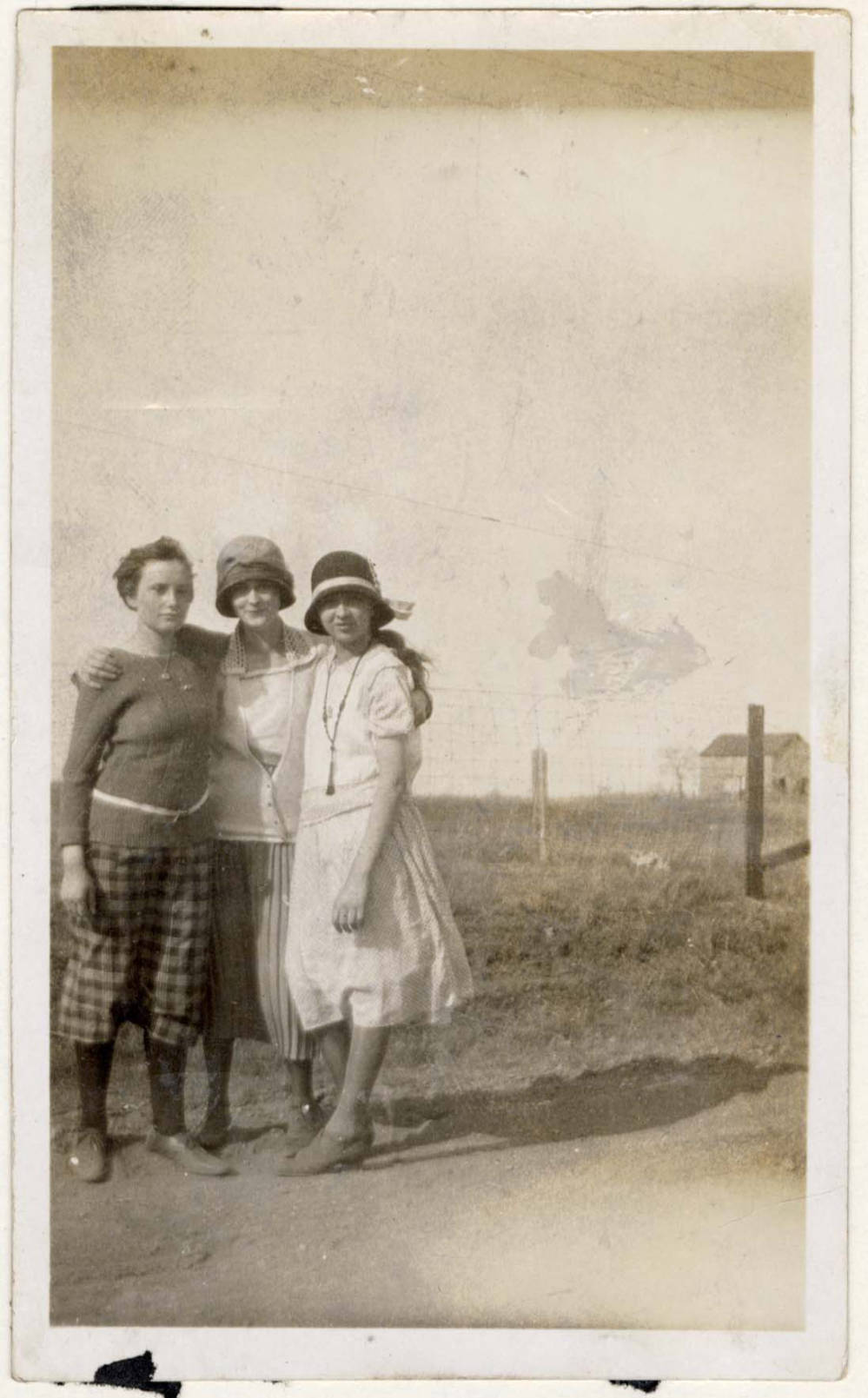
Emma Powers, Grace Gossett and Margaret Gossett – Image from Indiana State Library Digital Collection.
Call or email the library, archive or genealogical society in advance to give them a heads up about your visit. Some locations require appointments, and it is helpful to learn about their rules for visitors ahead of time. Be prepared to provide them with the specific questions you are trying to answer or research goals. This way you will know what to expect when you arrive. After all, there will be so much to see and do!
If you are considering a trip to the Indiana State Library, reach out to us by phone at 317-232-3689 or by using our wonderful Ask-a-Librarian service. We are happy to help.
Would you like to learn more? Pick up a copy of the following books to help you prepare for your trip:
“Visiting Your Ancestral Town: Walk in the Footsteps of your Ancestors” by Carolyn Schott is full of great suggestions and advice to make the most out of your trip!
For more specifics on how to conduct research during your trip, pick up a copy of “Searching on Location: Planning a Research Trip” by Anne Ross Balhuizen.
 Those with German ancestors may be interested in reading “Researching in Germany: A Handbook for your Visit to the Homeland of Your Ancestors” by Roger P. Minert.
Those with German ancestors may be interested in reading “Researching in Germany: A Handbook for your Visit to the Homeland of Your Ancestors” by Roger P. Minert.
Safe travels!
This blog post is by Dagny Villegas, Genealogy Division librarian.

